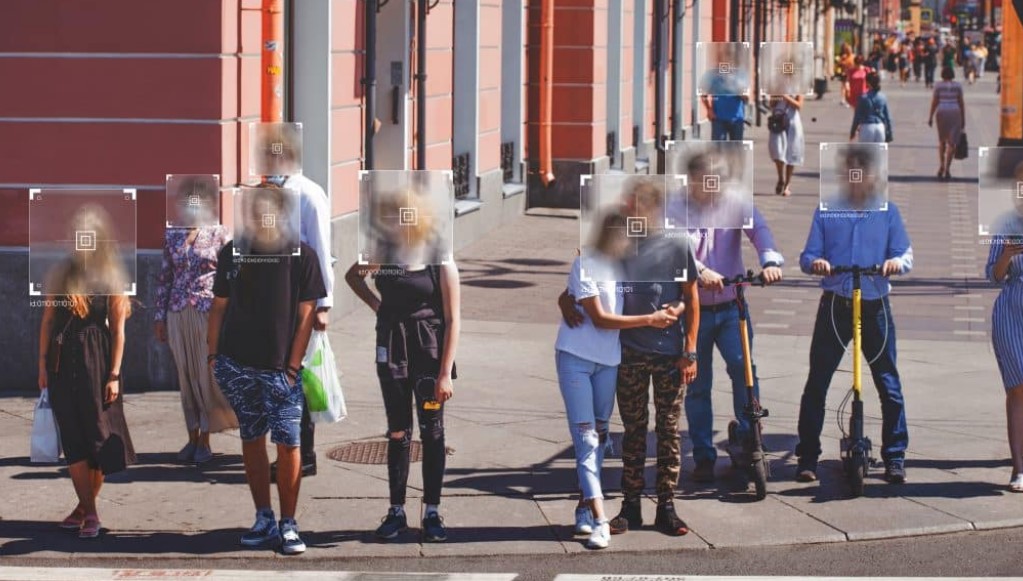As businesses and governments in the U.S. and across the globe implement facial recognition surveillance in public spaces, privacy advocates are pushing back.
32 civil rights groups call on New York City Council to ban public FRT
Thirty-two civil rights groups, led by the New York City-based privacy and civil rights group Surveillance Technology Oversight Project (S.T.O.P.) submitted a memo of support to city council members advocating to pass two pending bills banning the use of biometric surveillance in residential buildings and public spaces like stores and arenas.
While the memo, which references 2019 NIST FRVT results, claims that facial recognition discriminates against Black, Latinx, and non-binary or transgender New Yorkers, more current assessments by NIST show that bias in face biometrics has decreased as algorithm developers focus their efforts. Modern and better performing FRT systems when tested across 12 million images deliver an accuracy score of 99.88 percent.
It continues that collecting and storing biometric data opens the opportunity for security breaches. While citizens can change social security numbers in cases of identity theft, biometrics are almost impossible to change. “When a hacker acquires another person’s biometric data, it puts them at risk for identity theft for the rest of their lives,” reads the memo.
It also claims that facial recognition can give wealthy or well-known business owners too much power. James Dolan, The owner of Madison Square Garden Entertainment Corporation, James Dolan, began using FRT at his venues and blocked access to ticket holders involved with lawsuits against his company.
Global call to stop facial recognition surveillance
Over 120 civil society organizations and over 60 experts from around the world have called for a global stop to facial recognition, voicing concerns about human rights and discriminatory impacts of biometric surveillance, according to a release from Big Brother Watch.
Activist Post is Google-Free — We Need Your Support
Contribute Just $1 Per Month at Patreon or SubscribeStar
While the members of the European Parliament endorsed a blanket ban on facial recognition along with US cities banning its use. In the UK, however, the use of facial recognition in retail and police forces continues to expand.
The UK’s information Commissioner found that Facewatch, the facial recognition software provider used by retailers in the UK, breached several privacy rules regarding fairness, transparency, and the data rights of children.
The Information Commissioner’s Office only made the information public after it was demanded through the Freedom of Information Act. The Policing Minister threatened to write a public letter to the commissioner when he was investigating Facewatch.
Big Brother Watch says that 84.7 percent of matches recorded by the Metropolitan Police were false, however, testing by the UK National Physical Laboratory (NPL) has shown the facial recognition system used by the UK’s largest police force is “very accurate”.
“This dangerously authoritarian technology has the potential to turn populations into walking ID cards and every democracy ought to ban it,” said Silkie Carlo, director of Big Brother Watch. “Live facial recognition surveillance has been an expensive failure, with significant costs to the public purse and our civil liberties at a time when both need far more careful protection.”
Source: Biometric Update
Become a Patron!
Or support us at SubscribeStar
Donate cryptocurrency HERE
Subscribe to Activist Post for truth, peace, and freedom news. Follow us on SoMee, Telegram, HIVE, Flote, Minds, MeWe, Twitter, Gab, and What Really Happened.
Provide, Protect and Profit from what’s coming! Get a free issue of Counter Markets today.


Be the first to comment on "The Multi-national Push to Ban Facial Recognition in Public Spaces"